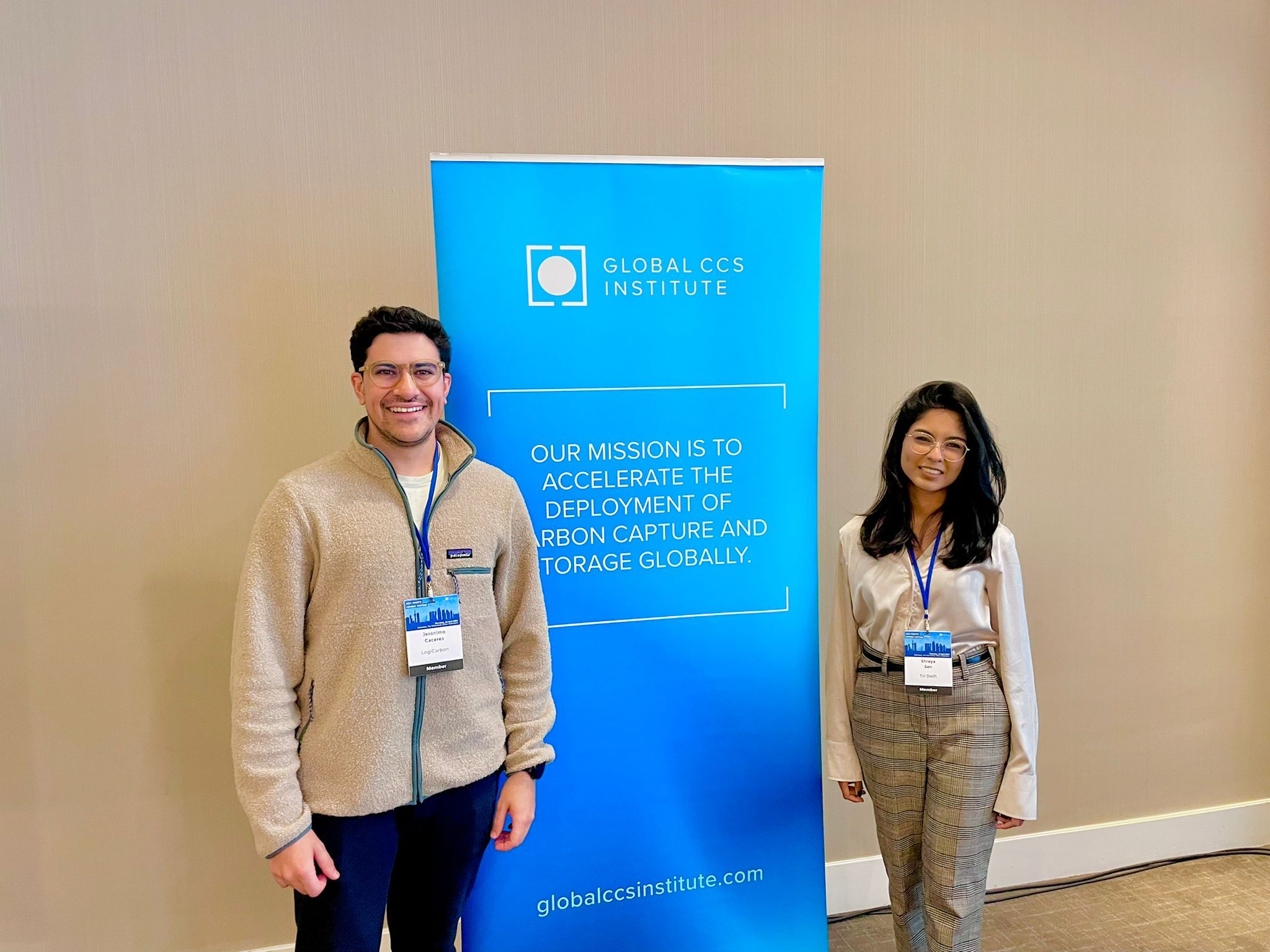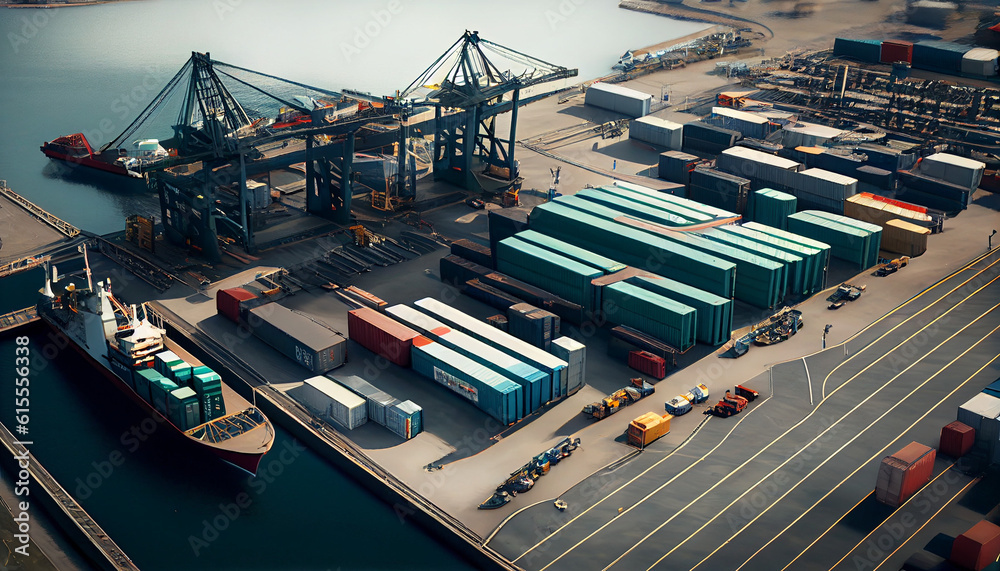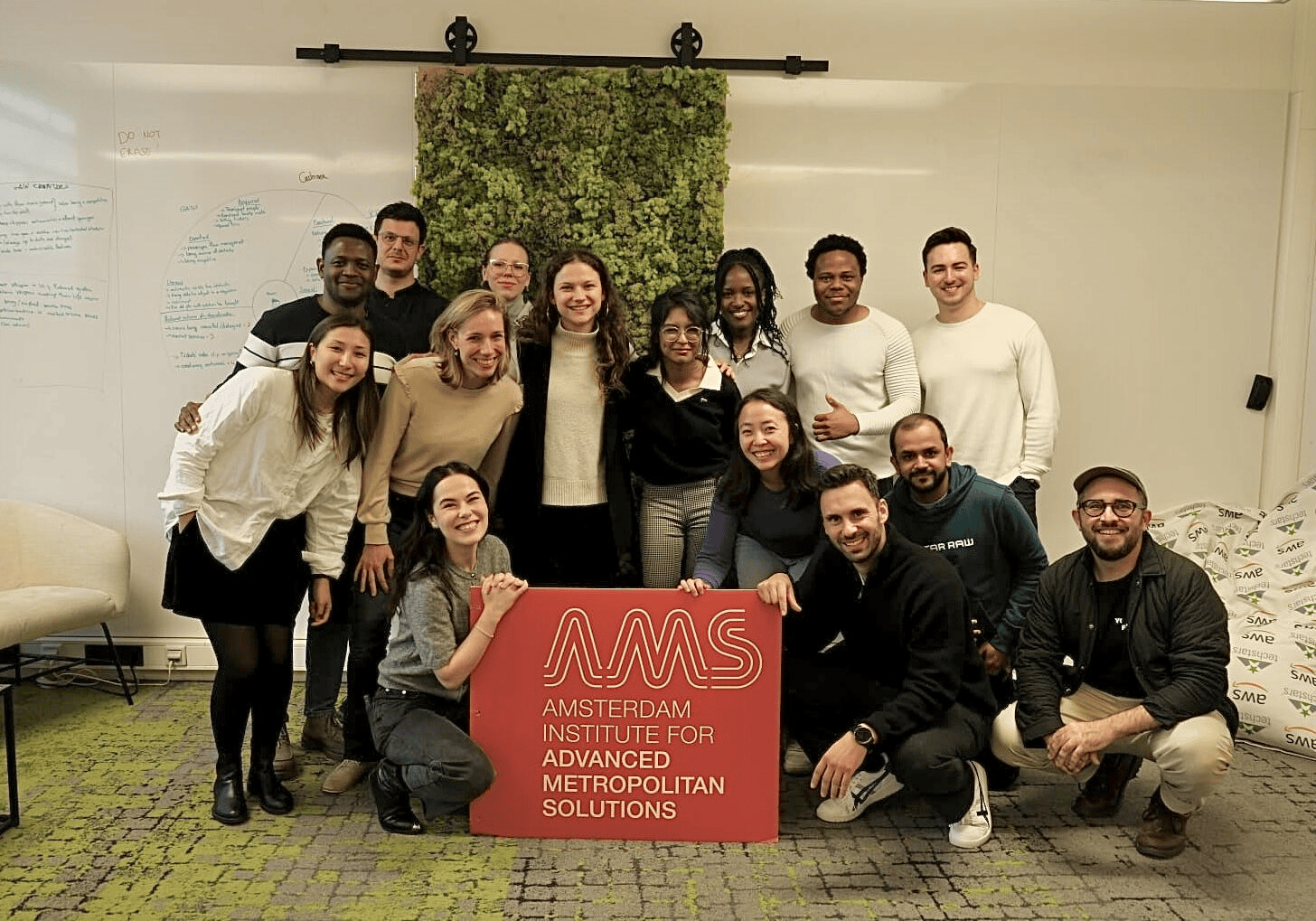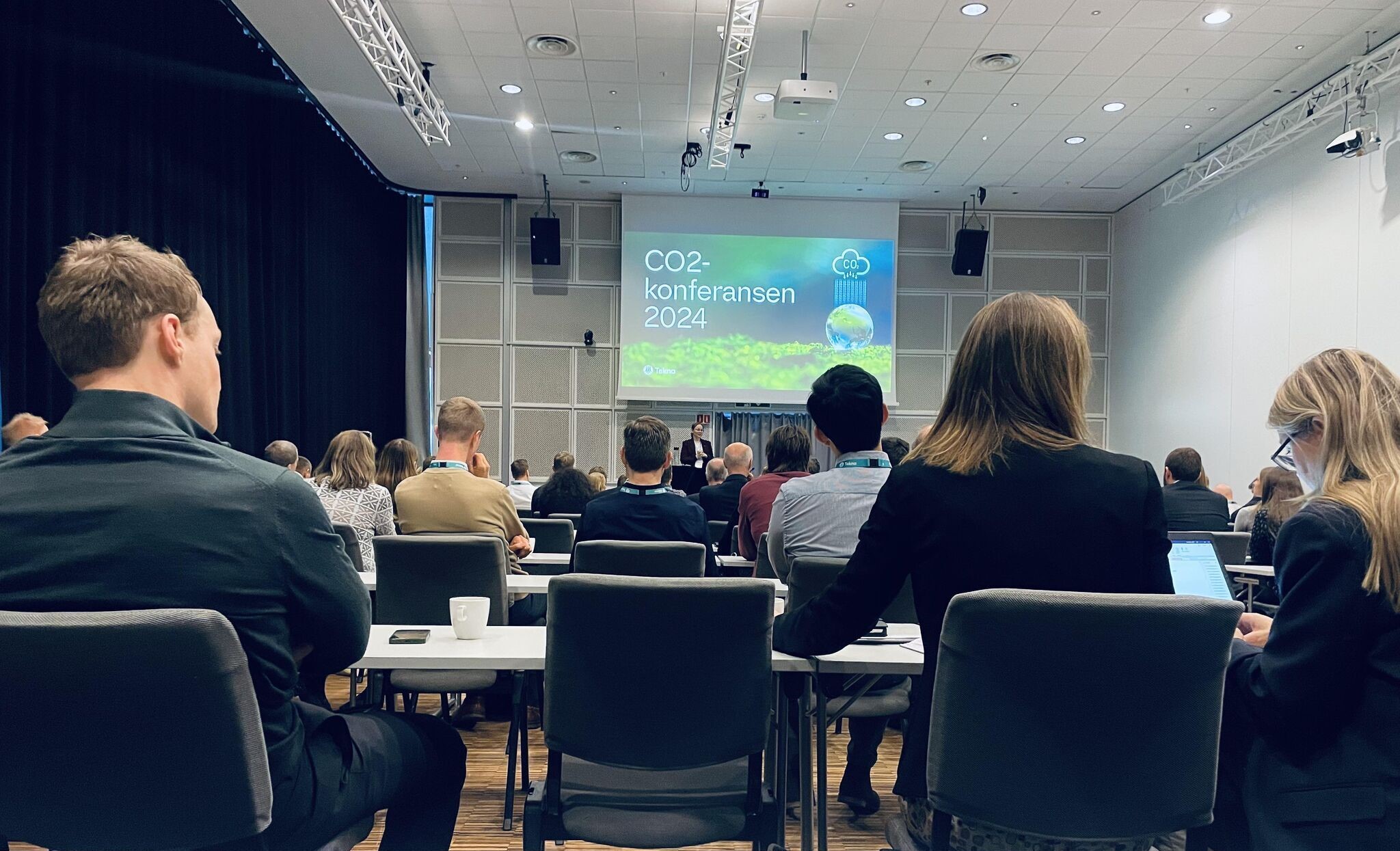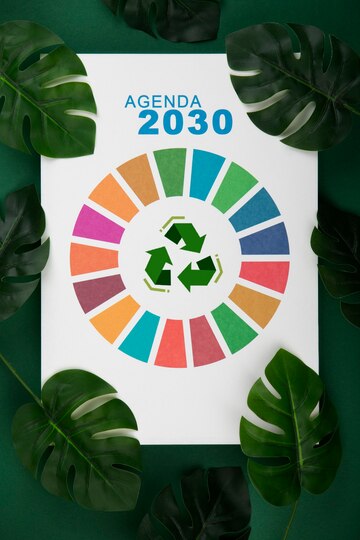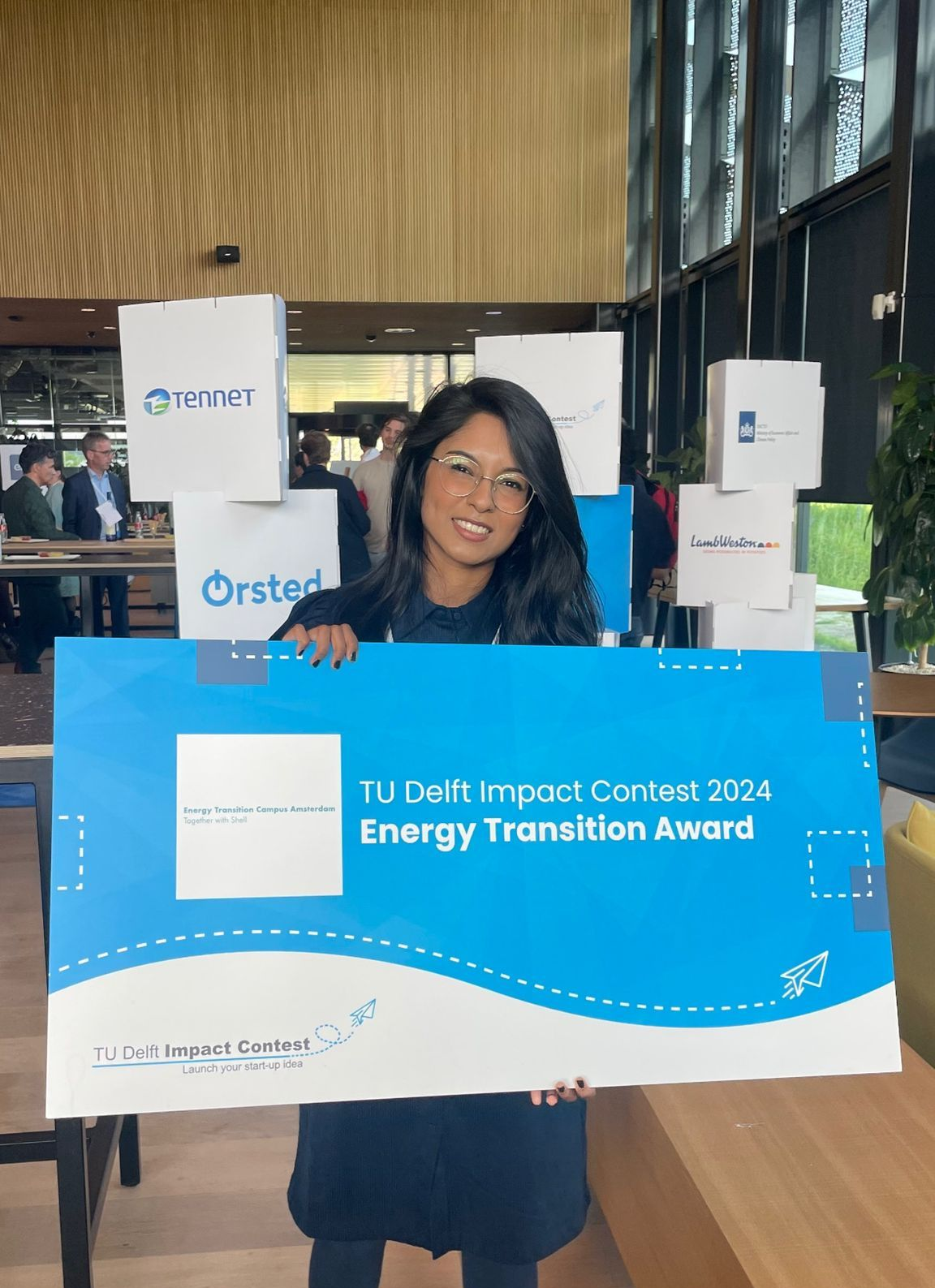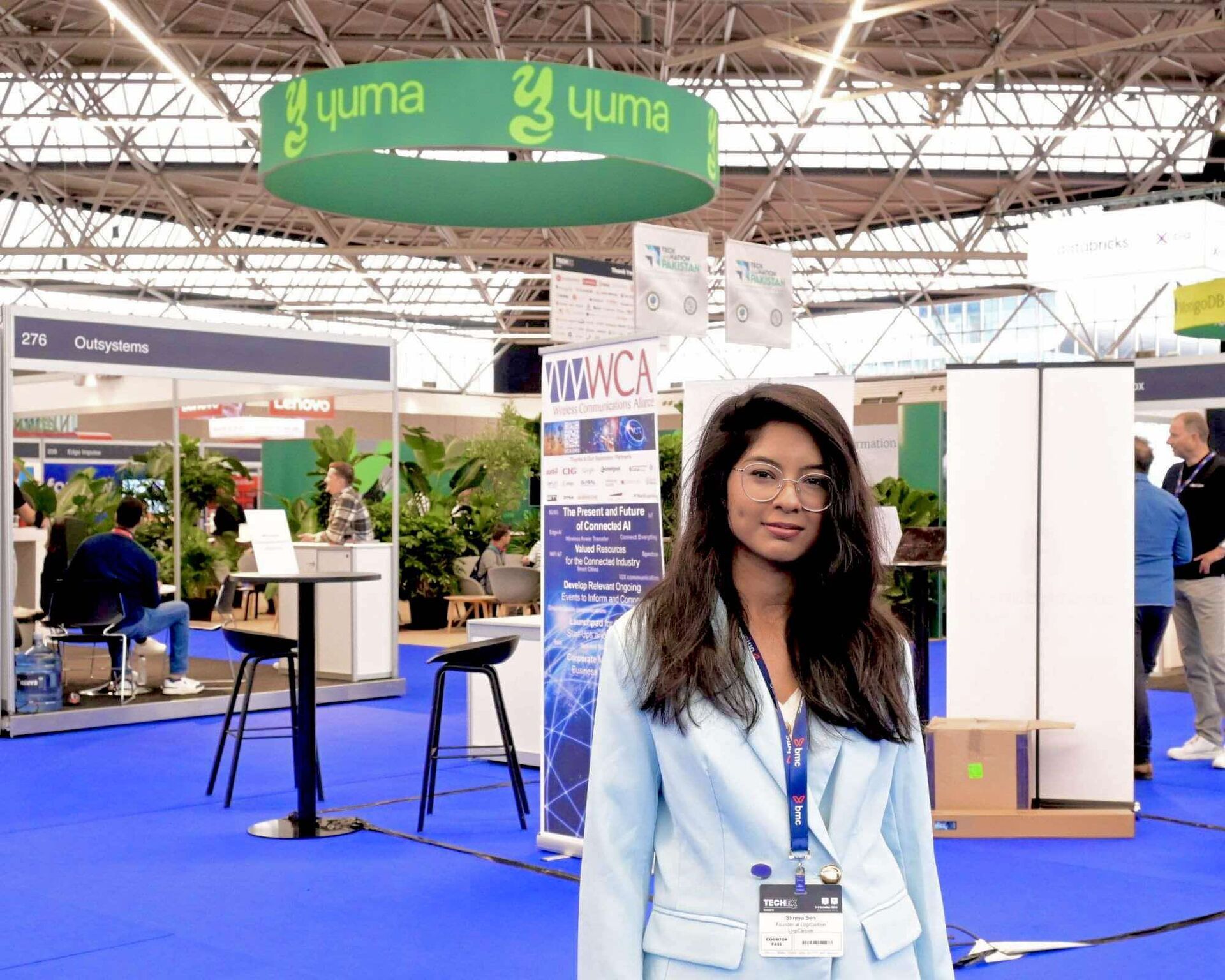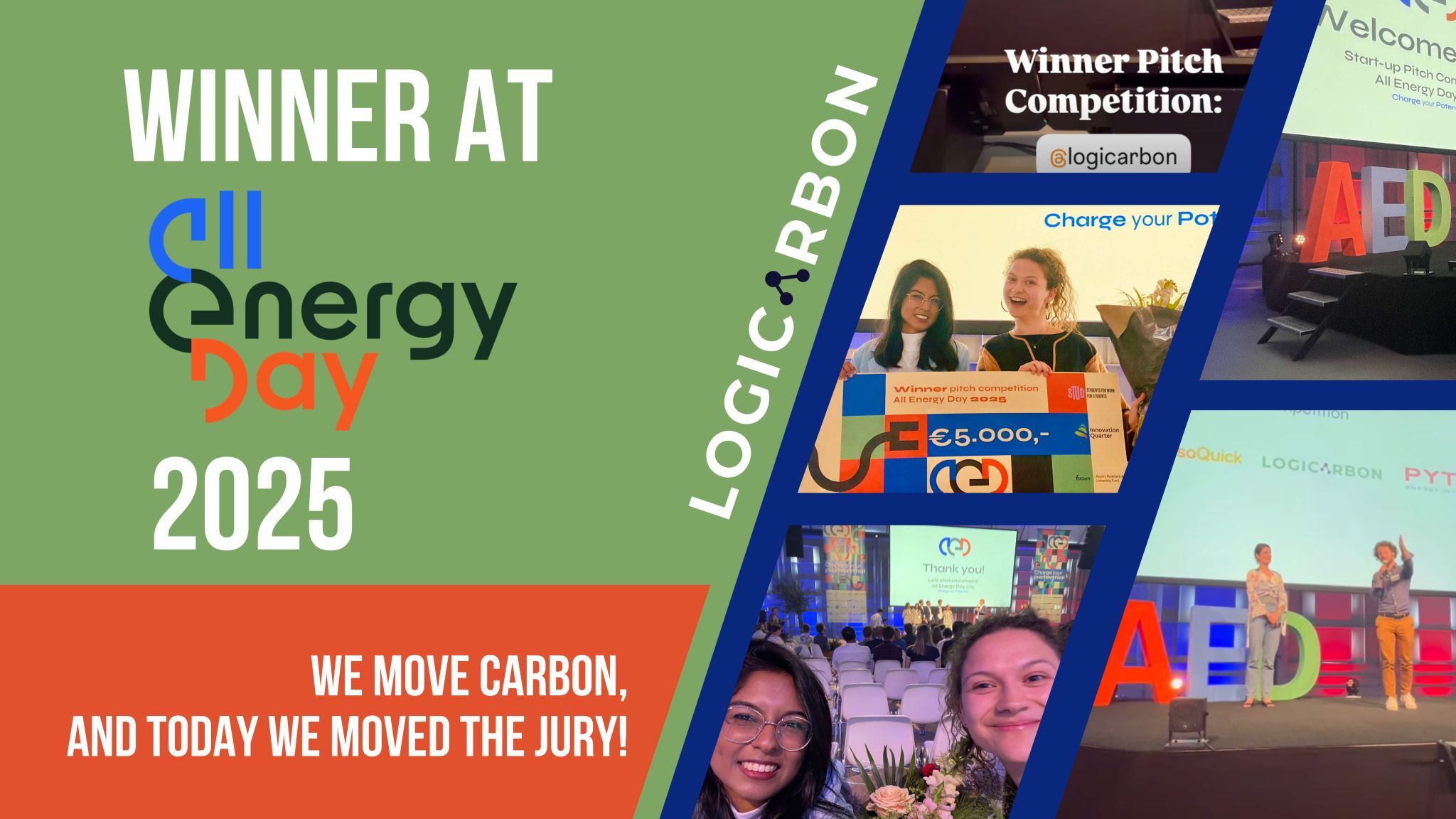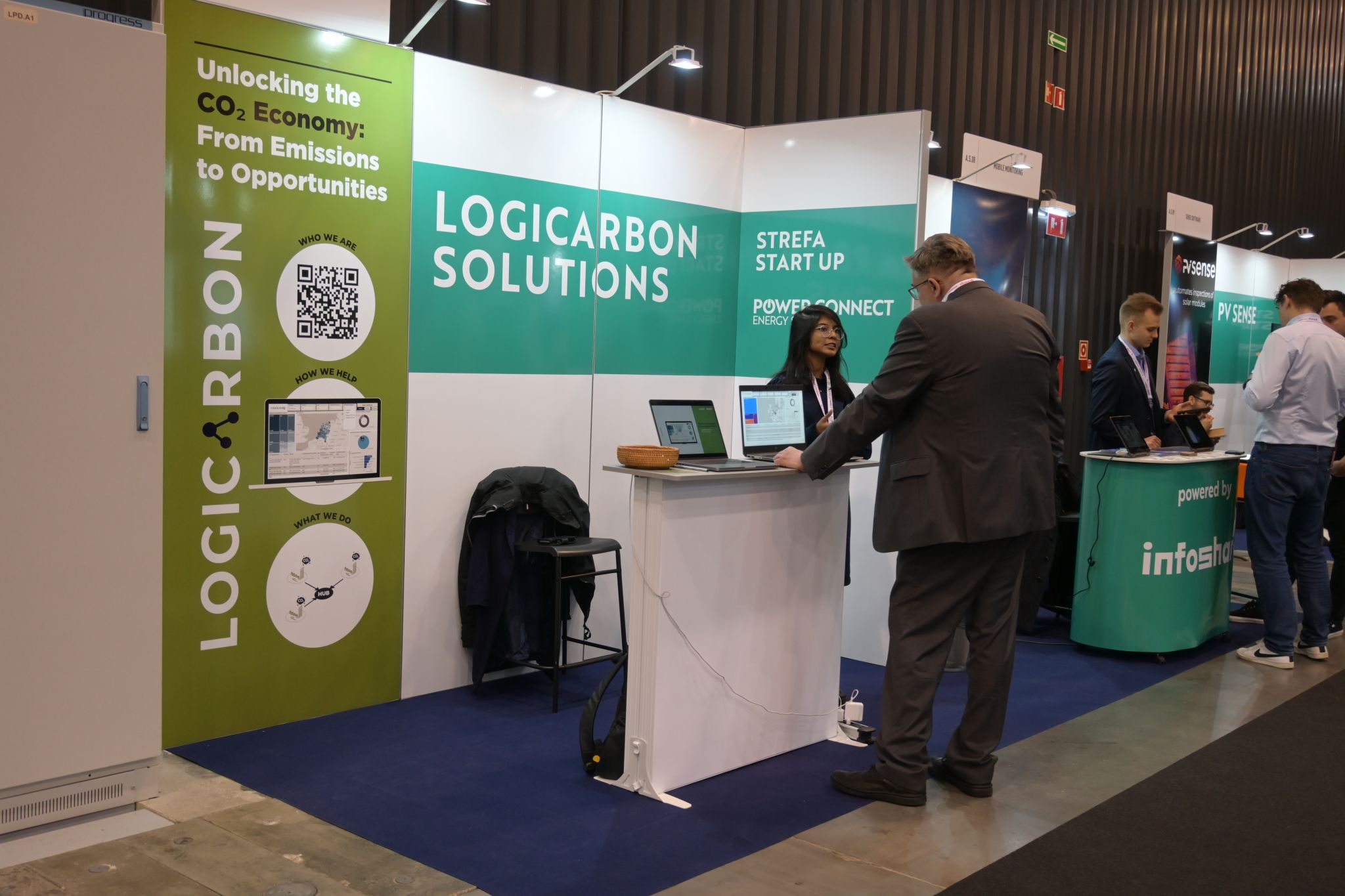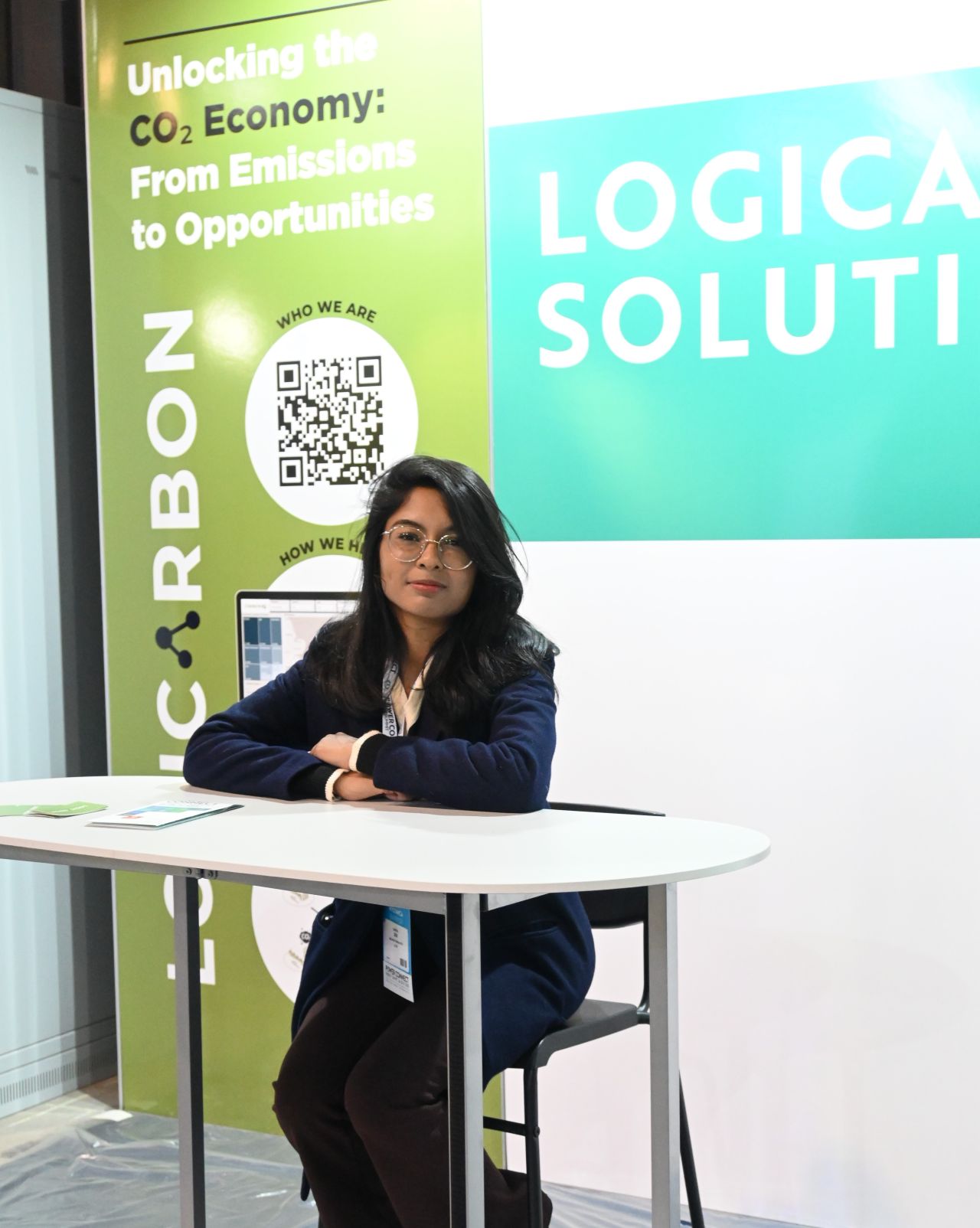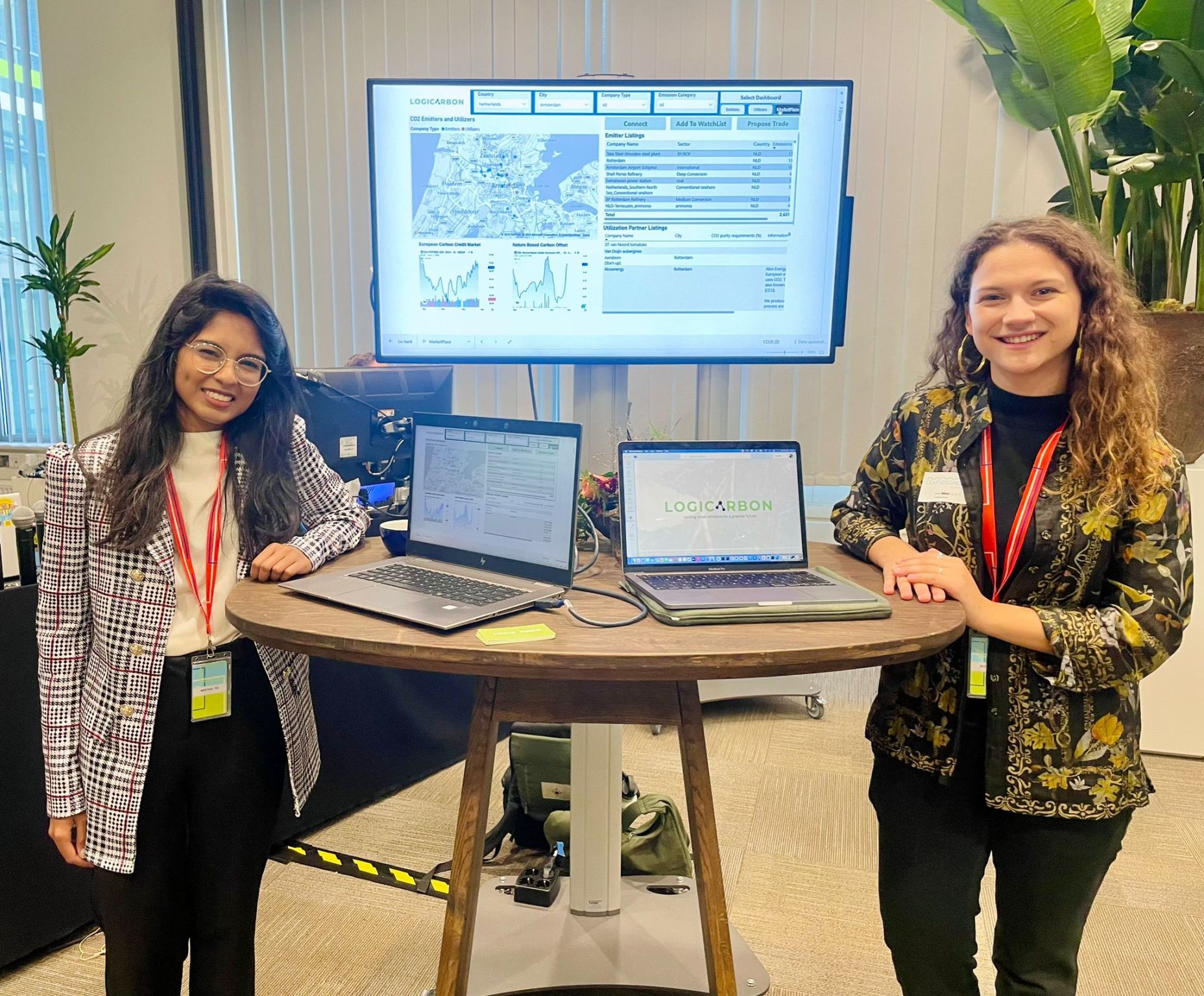We are excited to share our recent experience attending the 2024 Europe Members Meeting in Rotterdam, hosted by the Global CCS Institute. As a startup, being part of this prestigious forum was an incredible opportunity for LogiCarbon to showcase our innovative ideas and engage with leaders in the carbon capture, utilization, and storage (CCUS) space.
During the event, we had the privilege to participate in the discussion session on decarbonization solutions, where we presented our vision for a CCUS digital tool. Our focus is on providing practical, scalable solutions to unite small emitters, industry associations, and policymakers, and ultimately drive the energy transition toward a more sustainable future.
Small Emitters, Big Challenges
Our mission at LogiCarbon centers around a key issue: the lack of tailored CCUS solutions for small and medium-sized emitters. These entities are often overlooked in the larger push for decarbonization, due to the economic and technical barriers to implementing individual CCUS systems.
We believe that every emitter, no matter the size, can and should be part of the solution to reach net-zero targets. That’s why we’re developing an aggregation model to unite smaller emitters, enabling them to share resources and benefit from economies of scale. In doing so, we’re ensuring that CCUS is both economically and technically feasible for this often-overlooked group.
Our model also proposes the creation of intermediary storage terminals and a multi-transport strategy to make carbon capture, transportation, and storage solutions commercially viable for smaller-scale emitters.
Ports as Decarbonization Hubs
One of the highlights of the event was attending the session led by Jānis Volberts, Michał Wendołowski, and Cathrine Ringstad, which focused on “Getting to net zero faster with ports as decarbonization hubs”, as part of the Ports2Decarb initiative. This discussion opened our eyes to the role that ports can play in accelerating the energy transition by serving as central hubs for decarbonization efforts.
We were particularly interested in the insights gained from the ongoing Ports2Decarb survey on the CO2 readiness of European ports. The findings from this survey will be key in shaping the future of our own solution, as we explore how ports can support small emitters in implementing effective CCUS strategies.
Collaboration for a Greener Future
At LogiCarbon, we firmly believe that collaboration is the key to unlocking sustainable solutions. The Europe Members Meeting provided an invaluable opportunity to gather insights from industry experts, policymakers, and fellow innovators. We are grateful to the Global CCS Institute for organizing such an enlightening event and for the chance to exchange ideas that will shape the future of CCUS.
A special thank you to Jānis Volberts, Michał Wendołowski, and Cathrine Ringstad for moderating the Ports2Decarb session, and to everyone who contributed to making the event a success. The discussions and connections made during the meeting will be instrumental as we continue to refine and develop our CCUS solutions.
Looking Ahead
As we move forward, LogiCarbon is more committed than ever to driving positive change in the CCUS industry. By focusing on the unique needs of small and medium-sized emitters and fostering cross-sector collaboration, we aim to create a future where CCUS solutions are accessible and commercially viable for all.
We’re incredibly excited about the journey ahead, and we look forward to continuing our work toward a greener, more sustainable future!

